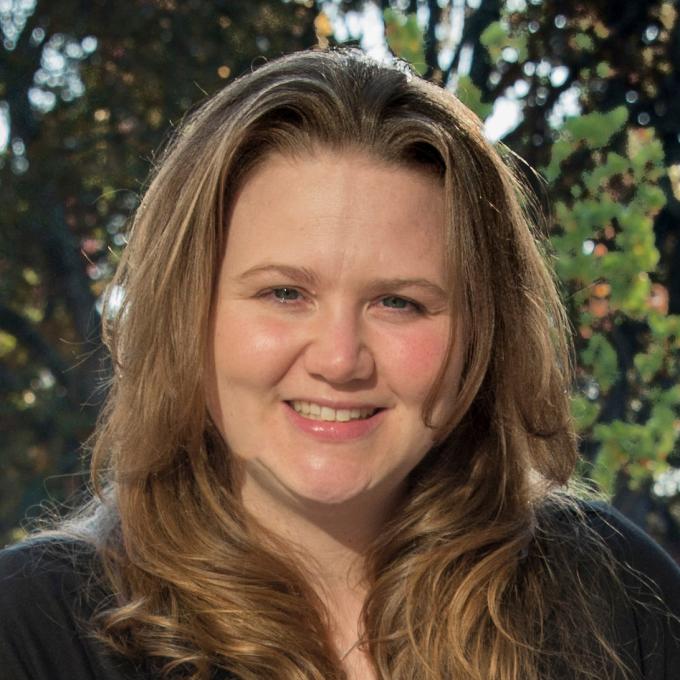Humans vs Microbes: Carbohydrate-based Solutions to Infectious Disease

Dr. Nicole L. Snyder, Davidson College
Host: Dr. Lai-Xi Wang
Abstract: Carbohydrates play critical roles in pathogen recognition and host-pathogen interactions. Carefully tailored glycoconjugates can be used to study these processes and to develop new therapeutics to prevent and treat infections. Here we present two different approaches for pathogen targeting using glycoconjugates. The first approach involves the synthesis of carbohydrate-photosensitizers for targeting tuberculosis. Tuberculosis is an infectious disease caused by Mycobacterium tuberculosis. There are ten to twenty million new cases of tuberculosis each year, and one to two million deaths. Drug-resistant strains of tuberculosis are a global threat requiring novel approaches to treat this disease. Our research uses carbohydrate-based porphyrin and phthalocyanine conjugates as next generation phototherapeutics. This therapy is advantageous because it is not subject to many of the selection pressures observed with traditional therapies. Here we present our first studies in this area including the synthesis and evaluation of six novel constructs and their ability to selectively target Mycobacterium smegmatis. The second approach involves the synthesis of carbohydrate-based constructs as broad-spectrum viral inhibitors. Viral diseases constitute a significant global health burden. Vaccines protect against many viral infections. However, the continual evolution of resistant viral variants requires the development of new vaccines and therapeutics to address viral burden. Many viruses have evolved to engage cell surface carbohydrates known as glycans as the first step in their infection cycle. Molecules that mimic these glycans have the potential to compete with cellular binding and block viral entry. Here, we present the synthesis of a series of sulfated synthetic glycomimetics and their engagement of several viruses including Herpes Simplex Virus (HSV), Influenza A Virus (IAV), and Merkel Cell Polyomavirus (MCPyV).
Organic/Inorganic Seminar


